You can trust Cyclingnews
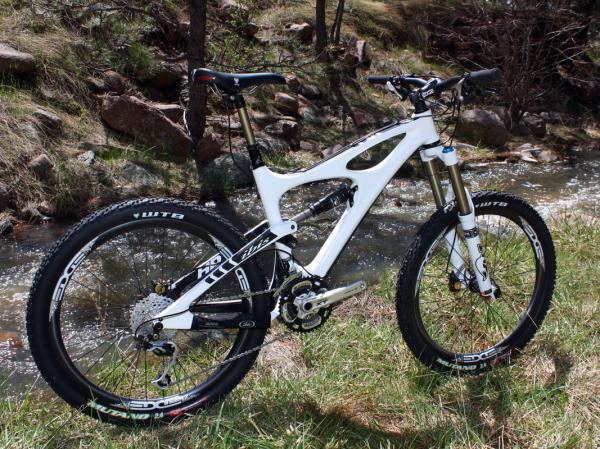
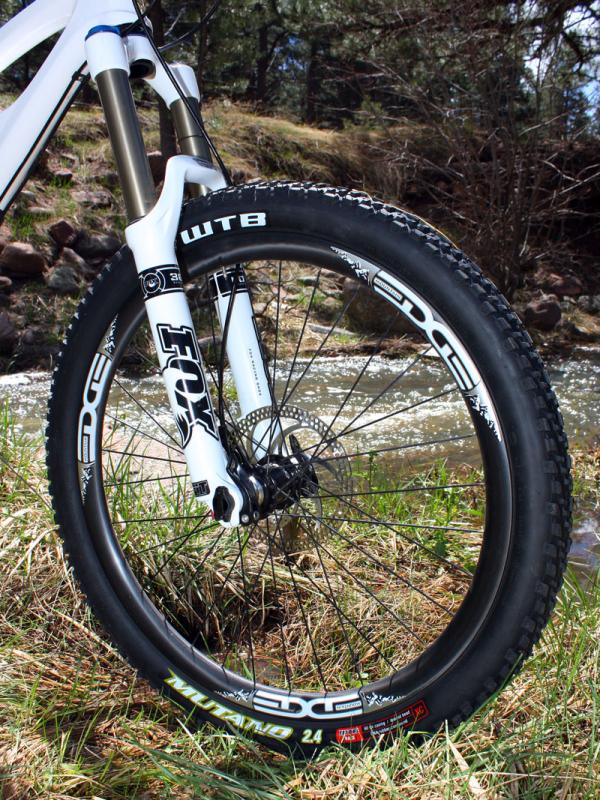
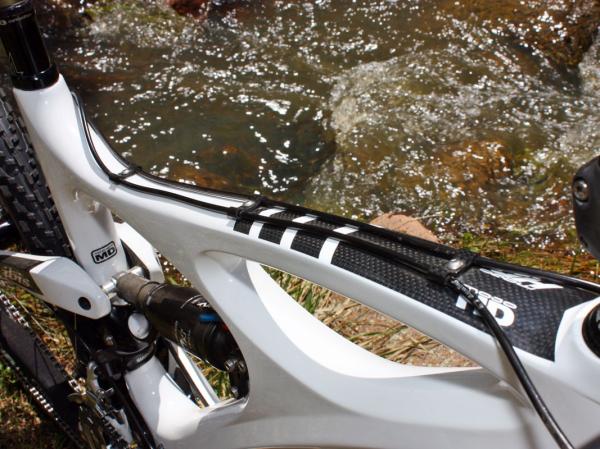
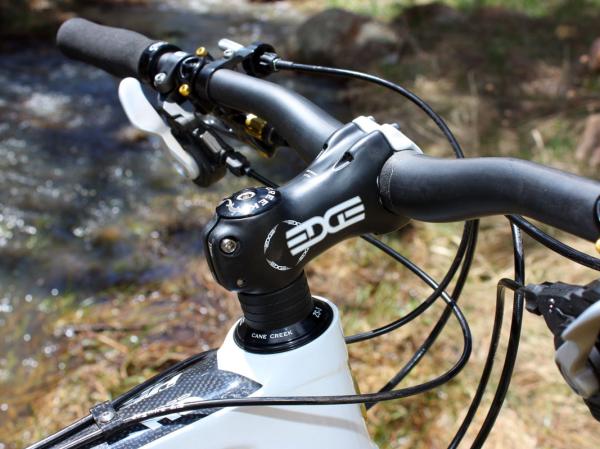
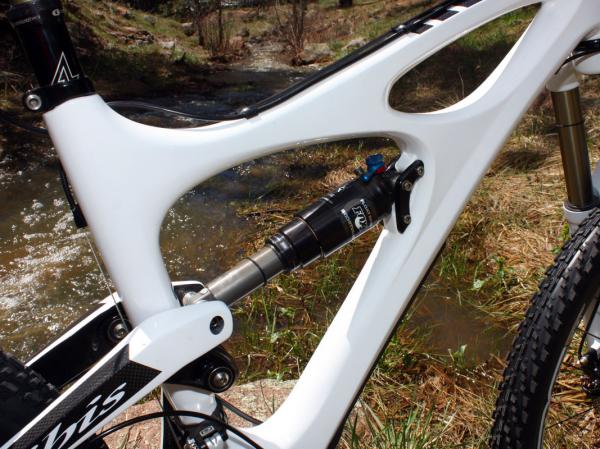
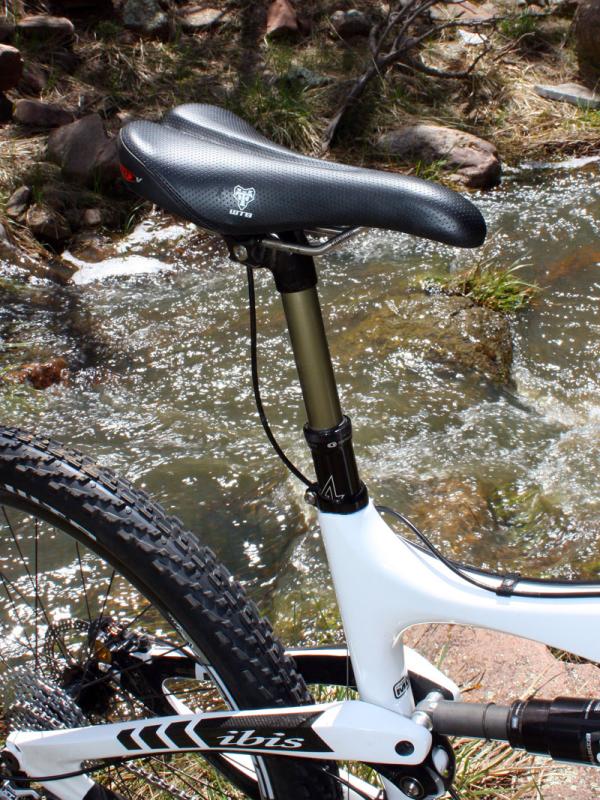
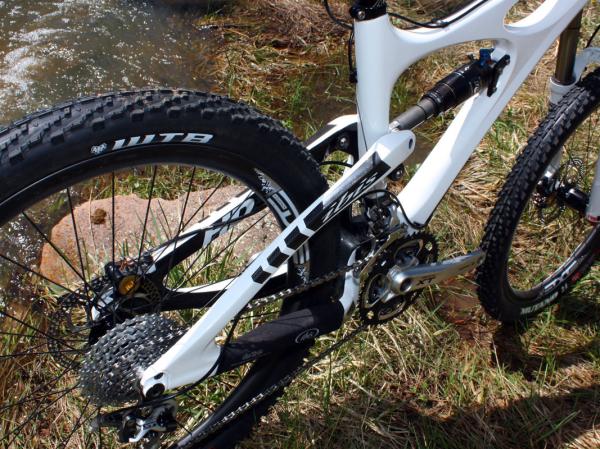
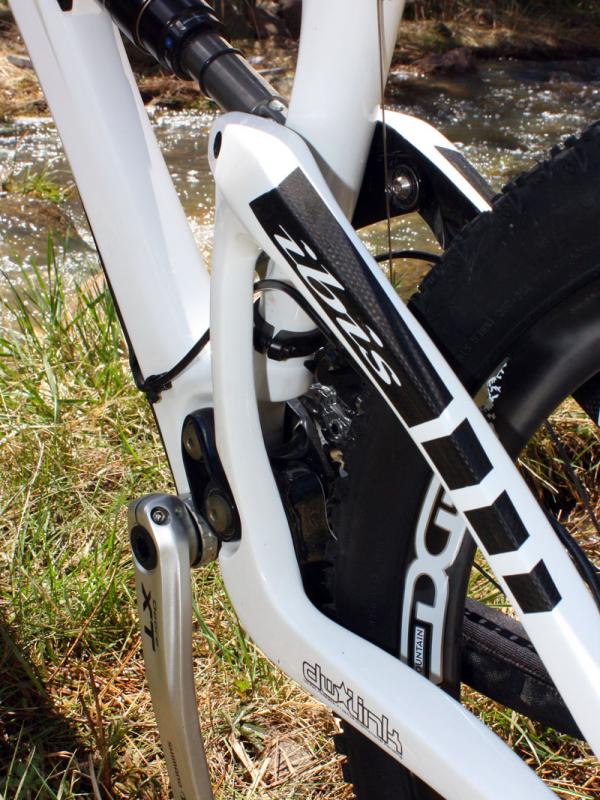
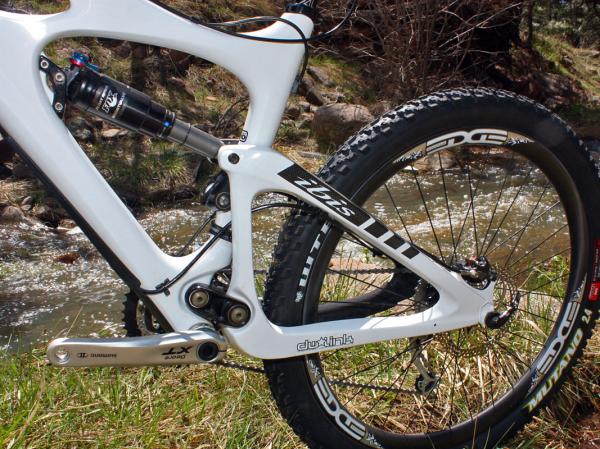
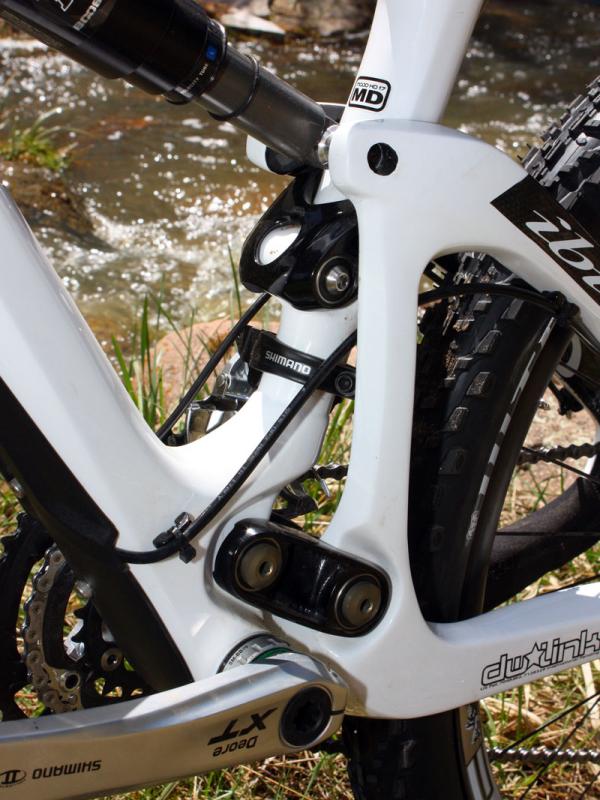
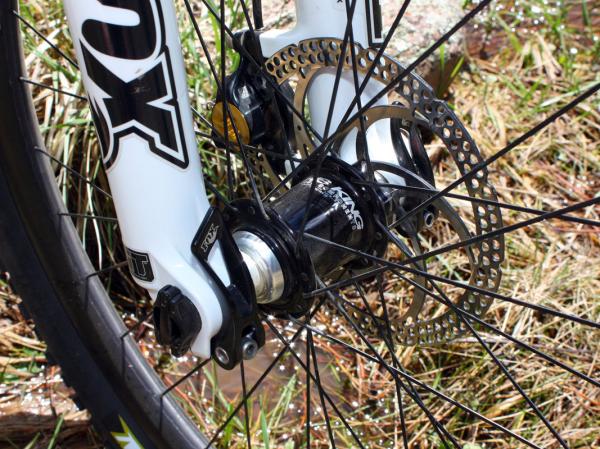
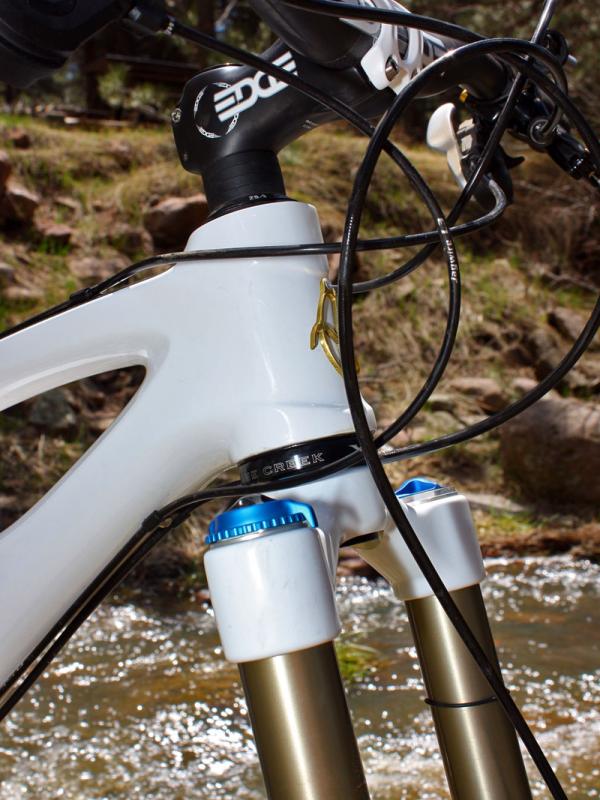
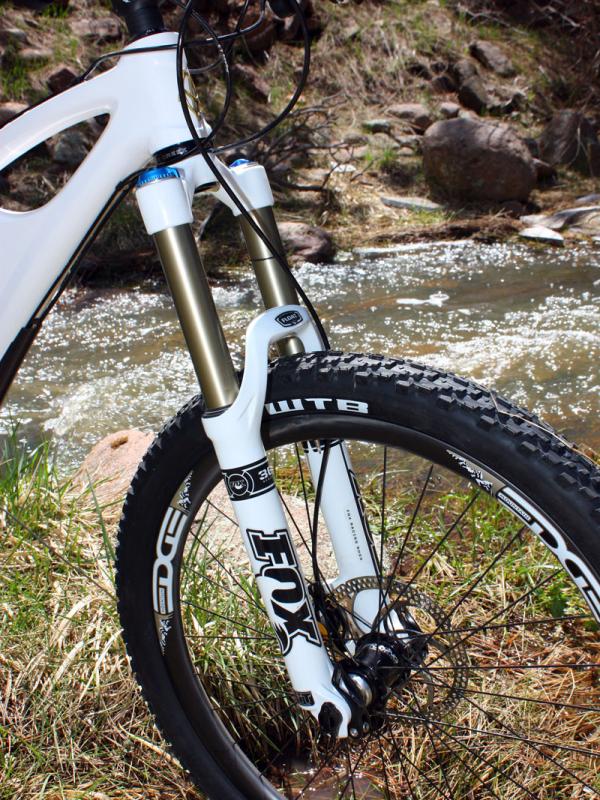
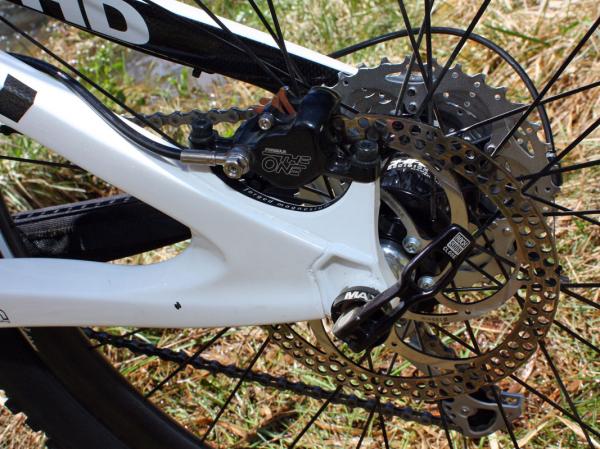
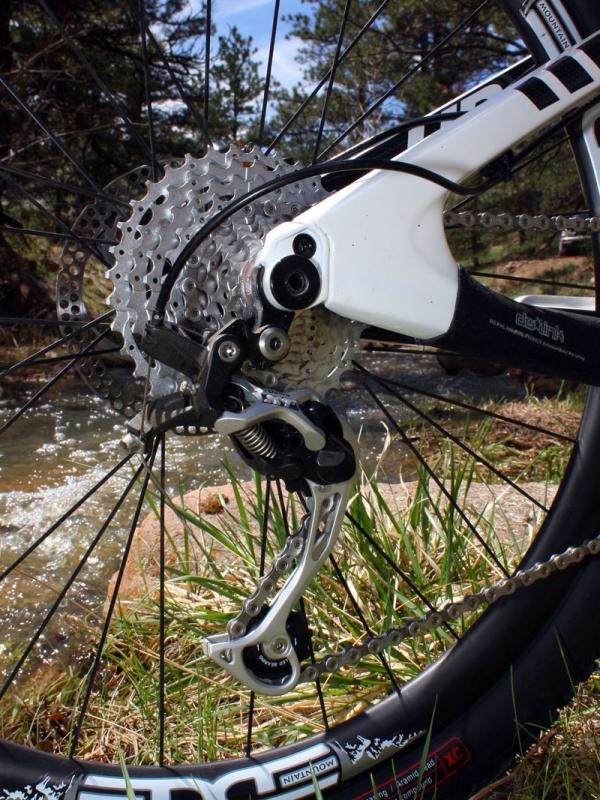
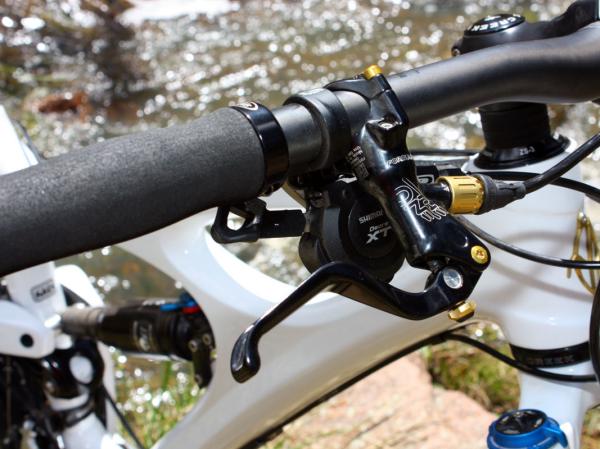
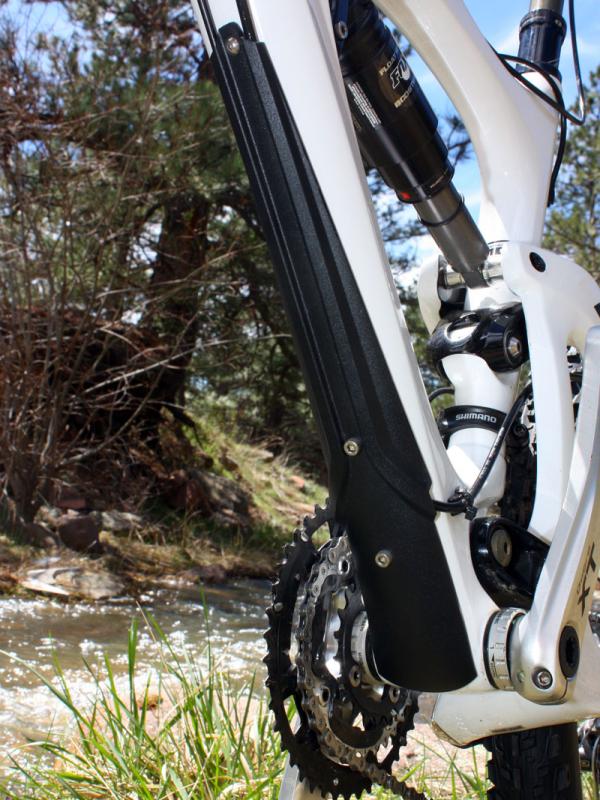
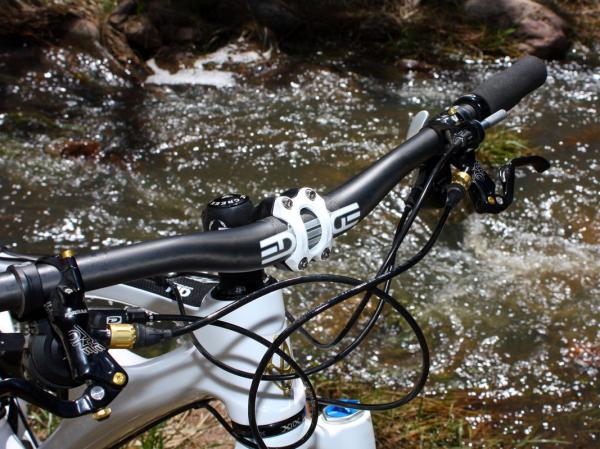
The new carbon fibre Mojo HD is tough as nails and impressively adaptable – yet surprisingly quick and more agile than you'd think a 160mm-travel (6.3in) bike should be.
It's an enticing option for hard-hitting riders seeking a high-end, one-bike solution. Though far from cheap – especially when kitted out like our test bike – you get an awful lot of performance for your money, and it's still less expensive than buying separate cross-country and bigger-hit machines.
Ride and handling: Surprisingly light do-anything bike with spot-on handling
Our six-week test period included regular runs of Front Range Colorado trails generally better suited for lightweight trail bikes but also more demanding lift-access terrain at Keystone Resort up in Summit County (several weeks before the park was officially open for the season, too – thanks, Keystone!).
After reviewing the ride data, we weren't only surprised by how little our cross-country lap times differed from usual in spite of lugging around some extra weight and travel, but also very impressed by the Mojo HD's composed nature when bombing down steep and technical terrain better suited to a dedicated freeride rig.
One key component to the Mojo HD's multifaceted competence is the superb dw-link suspension design, which manages to be both exceedingly efficient under power and highly adept at sucking up a wide range of impact shapes and sizes.
Though obviously no hardtail racer-boy rocketship, the Mojo HD nonetheless squirts forward with just a hint of bob with the Fox Racing Shox RP23 rear shock in full-open mode – and it's downright spritely with the ProPedal platform damping flicked on, even when standing.
Compared to, say, a plush-feeling Horst Link four-bar setup, the Mojo HD's solid rear triangle and dual short aluminium links (with cartridge bearings throughout) feel notably tauter, but the system is still sensitive to trail chatter and utterly secure when landing jumps and drops.
The carefully tuned suspension rates and large-volume air can let you use every bit of the available travel without ever wallowing in the midstroke or bottoming out harshly. Moreover, the very slight rearward axle path offers a smooth ride over square-edge impacts and lends claw-like traction on steep, technical climbs, too.
Naturally, the light carbon fibre chassis and complete bike weight help. Our medium frame and shock was just 2,850g (6.28lb), and built up as pictured here it's a fantastic 12.69kg (27.99lb) without pedals. More economical builds will obviously be heavier but still lighter than you'd expect. Combined with efficient pedalling performance, this makes even long ascents easily tolerable.
That all being said, the Mojo HD's overall personality is geared more towards going down – fast. Handling is on the more stable end of the spectrum, with a 67-degree head tube and relatively long 1,114mm (43.9in) wheelbase, and combines with the reassuringly rigid chassis for a confident ride at high speeds, precise directional changes, and easier clearing of steep technical chutes.
And if that's not enough, the frame is designed to accommodate a longer 180mm-travel fork and a dedicated chain guide, too (there are no standard ISCG tabs as they would interfere with the lower suspension link).
The short 75mm stem and commanding 700mm-wide bars can make the front end hard to keep down on steep ascents but are a godsend in the other direction. Add in our optional CrankBrothers Joplin 4 remote-operated height-adjustable seatpost and it's remarkably natural-feeling to sink the bike into the corners and shoot out of berms.
Equipment: Trick carbon gear performs as expected; more reasonable kits available, too
Ibis delivered our Mojo HD tester with a bevy of high-end optional upgrades, including the aforementioned Joplin 4 seatpost and Edge Composites bar and stem, plus matching Edge AM carbon rims laced to Chris King through-axle hubs, and Shimano's latest Deore XT Dyna-Sys 10-speed group.
We were most impressed with the wheels, what with their wider profile to better support our high-volume 2.35in tyres (inflated to just 23-25psi) and fantastic lateral stiffness for flex-free bombing through rock gardens and high-load bermed turns. Naturally, their 400g claimed rim weight helps with velocity changes, too. Build quality was excellent, with nary a nipple needing to be turned throughout the test period (a good thing since they're hidden inside the rim).
The only major downside is the deep tyre well, which makes for easy tyre installation and removal but an unusually difficult time converting to tubeless. Browse any number of internet forums on the topic and you'll find a variety of so-called 'solutions' but none is all that appealing and we were only modestly successful, ultimately deciding to continue running inner tubes. Bummer.
We also had some trouble keeping the bearing adjustment collars tight on our Chris King hubs. Word of advice: tighten down the rear through-axle with gusto or else the vibration will eventually work things loose.
We've got nothing but praise for Shimano's latest Deore XT Dyna-Sys group, though, which delivered the usual reliable performance of the previous nine-speed edition but with even more consistent rear shift quality (even with the full-length cable housing) thanks to the revised cable pull ratio that's more tolerant of friction.
As promised, the slightly tightened-up chainring spread and widened rear cassette let you stay in the middle ring longer before bailing out to the granny and requires fewer recovery gears afterwards to maintain the same cadence, too.
Best of all – especially in the case of a do-all bike like this – is the monster 36T rear cog. Skeptics will say the resultant 24-36T combo is too low to be practical but when you're slogging up a giant climb with a big pack full of gear and thinking only of the awesome descent that awaits you, it's just the thing.
The included Formula The One hydraulic brakes were similarly impressive, with monstrous amounts of power in spite of their relatively feathery weight matched with easily controllable modulation and quiet running. Pad contact and lever reach are adjustable, too.
We wish we could heap similar praise on the Fox 36 Float FIT RLC fork but alas, it just wasn't to be. Though wonderfully stiff and precise, this one felt persistently notchier than older open-bath variants we've faithfully used in the past, even well after the recommended break-in period and despite repeated attempts at tuning and oil bath servicing.
Hopefully the latest low-friction Kashima Coat stanchions will help (ours was a preproduction sample that came without), but we'd recommend the adjustable-travel TALAS model instead to better take advantage of the Mojo HD's climbing prowess.